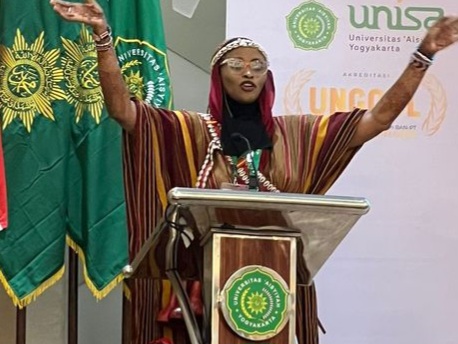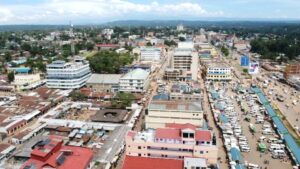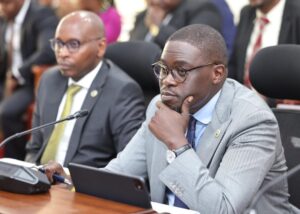WASO HOPE CBO Leads Efforts to Formulate FGM/C Policy in Isiolo County

In a significant step towards eradicating Female Genital Mutilation/Cutting (FGM/C), the WASO HOPE Community Based Organisation (CBO) has outlined a comprehensive policy framework aimed at addressing the deeply rooted practice in the region. The proposed policy integrates legal, cultural, and social dimensions to effectively combat FGM/C.
Legal Framework
At the core of the policy is a clear legal prohibition against FGM/C, recognizing it as a violation of human rights. The framework proposes stringent penalties for perpetrators, including those who facilitate the medicalization of the practice. Comprehensive definitions of the various types of FGM/C, as classified by the World Health Organization, aim to eliminate ambiguity and enhance law enforcement efforts.
Cultural Engagement
WASO HOPE emphasizes the importance of involving local leaders, elders, and religious figures to facilitate cultural change. The policy promotes alternative rites of passage that respect local traditions while safeguarding the well-being of girls. Community-based education initiatives are designed to raise awareness about the health risks associated with FGM/C.
Health Support Services
The proposed policy also prioritizes the health and psychological needs of FGM/C survivors. It includes provisions for medical care and mental health support, alongside training for healthcare professionals to better assist those affected by the practice.
Educational Initiatives
Comprehensive sex education is set to become a cornerstone of the policy, equipping both young girls and boys with the knowledge to resist harmful practices. Public awareness campaigns across various media channels aim to challenge and change the societal norms that perpetuate FGM/C.
Collaborative Approach
A multi-sectoral approach is advocated, bringing together health, education, justice, and social services to tackle the root causes of FGM/C. The policy also seeks to foster regional and international cooperation for effective enforcement and advocacy.
Monitoring and Evaluation
To ensure accountability, the framework includes mechanisms for data collection on FGM/C prevalence and the effectiveness of interventions. Compliance monitoring systems are essential for community surveillance and whistleblower protection.
Empowerment and Sustainability
Empowering girls and women through education and vocational training is key to diminishing reliance on harmful practices. The policy emphasizes the need for sustainable funding and community ownership to ensure lasting impact.
Global Standards Alignment
Lastly, the policy aligns with international human rights frameworks, including the Convention on the Elimination of All Forms of Discrimination Against Women (CEDAW) and the United Nations Sustainable Development Goals (SDGs).
As WASO HOPE CBO leads this initiative, the community remains hopeful for a future free from FGM/C, advocating for the rights and health of women and girls in Isiolo County. The efforts reflect a commitment to holistic change that prioritizes the well-being of future generations.
Report compiled by Rosaline Gollo HSC, CEO & Founder, WASO HOPE Community Based Organisation




